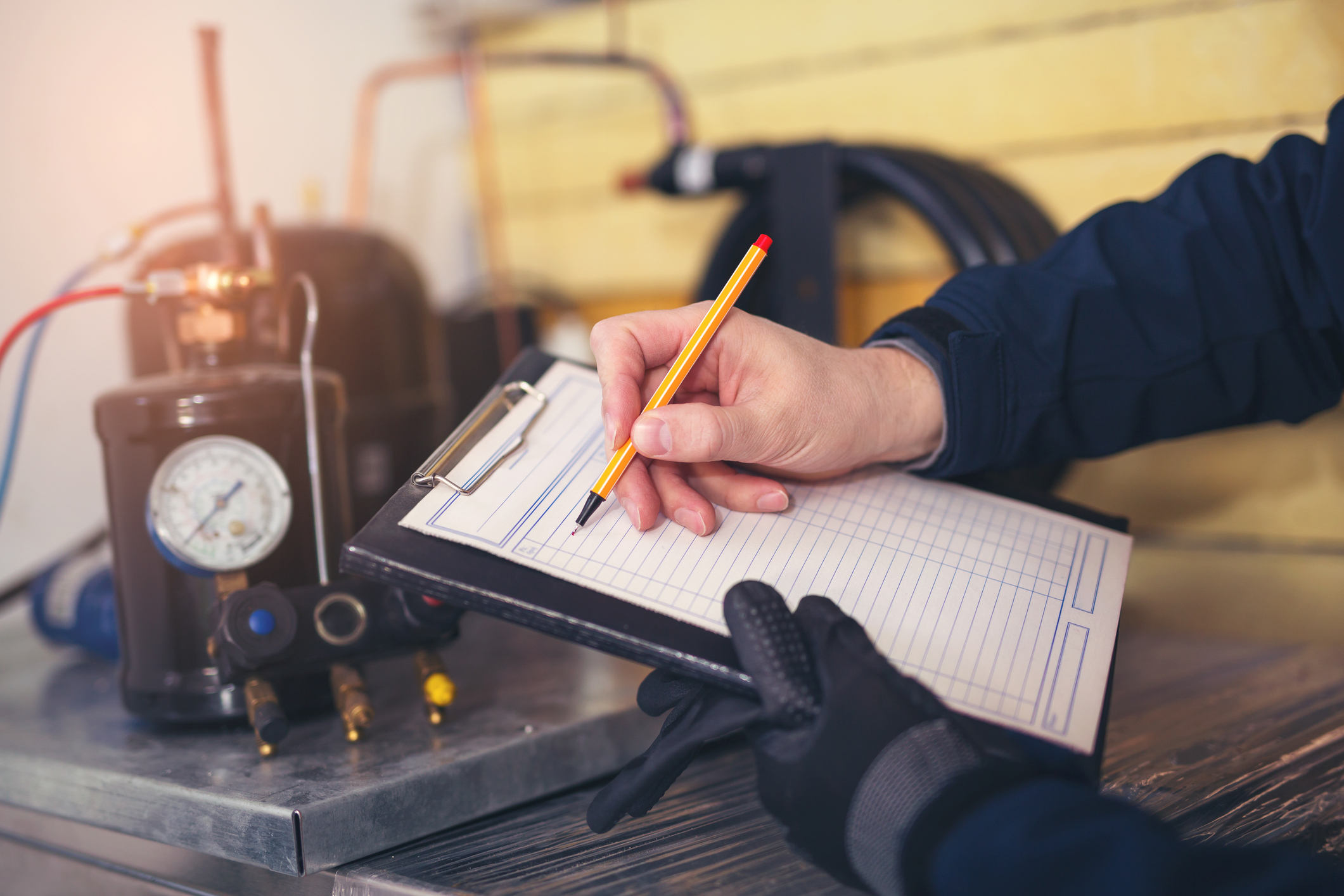HVAC System Analysis and Energy Audit
KEEP WHAT'S GOOD, FIX WHAT'S WRONG, AND UNLOCK GREAT PERFORMANCE...
Looking at today’s cutoff, EVERYONE is searching for any way possible to save money. And while some companies have seized to unemployment, budget cuts, and other extreme methods, the answer could be much simpler and less severe. So what is this magical money-saving strategy?
A HVAC Audit and Precautionary Upkeep or maintenance!
Commercial HVAC systems represent a large section of a company's energy budget. By improving the operating efficiency of your commercial HVAC system, you could see a reasonably powerful overthrow to your energy costs.
1)HVAC Audit : Just because your HVAC system seems to be working properly does not mean it is running continently. To estimate the energy efficiency of your HVAC system, you will need to conduct an HVAC audit. This component-by-component, system-by-system estimation of your HVAC system will provide you with a plan to make your system as efficient as possible. An HVAC audit will begin with the biggest energy users in any building, chillers including the cooling tower and boilers. And because of their headlong energy use, even small improvements can profit important energy savings.
1. Start with a review of the operating log.
- Are entries made regularly?
- What does the data tell you?
- Is the chiller to blame or is something forcing the chiller to operate less efficiently?
- What is the setting for the chilled water supply?
A high temperature can lead to humidity problems, while a low temperature can increase energy use.
2. Next, review the chiller's maintenance records. The HVAC technician will check two areas, the chiller tubes and the run-time on the chiller's evacuation unit.
Have the chiller tubes been inspected and cleaned in the last two years? If not, this could be negatively affecting the system's efficiency.
Is the run-time high? If so, this could be a major cause of low operating efficiency.
3. Don't forget the chiller's cooling tower. Often ignored because of their location on the roof, cooling towers should also be inspected. Your HVAC technician will check the cooling tower's spray pattern, fill material, marsh, overflow, and drift eliminators, as well as review the water treatment log.
4. Finally, the HVAC technician will check the boiler, the second largest energy user in most buildings. And just like the chiller, your HVAC technician will review the boiler's operating and maintenance logs.
- Is the boiler being operated properly?
- Has it been cleaned regularly?
If the answer to either question is no, efficiency could be greatly affected.
One the HVAC technician has inspected the building's primary energy users, he/she will move on to smaller components, including:
- The building's air handling system
- The heating and cooling coils
- The temperature-control systems
- Outside air dampers
- Pumps
- Fans
- The heat exchangers
An HVAC system audit should cover the thorough inspection of every piece of HVAC equipment in a facility to determine if they are operating at crest efficiency.
2) HVAC Upkeep: During your HVAC audit, the HVAC technician will most likely fix or pluck any small issues that appear. However, if the problem requires more in depth maintenance, the technician will provide you with a detailed plan, including pricing.
3) Rerun: Remember, an HVAC audit is not a one-time deal. An HVAC audit should be conducted regularly to ensure your equipment is running at apex efficiency.
Earth HVAC is a one stop solution to all your HVAC, Annual Maintenance Contracts, Cleanroom and BMS requirements.

